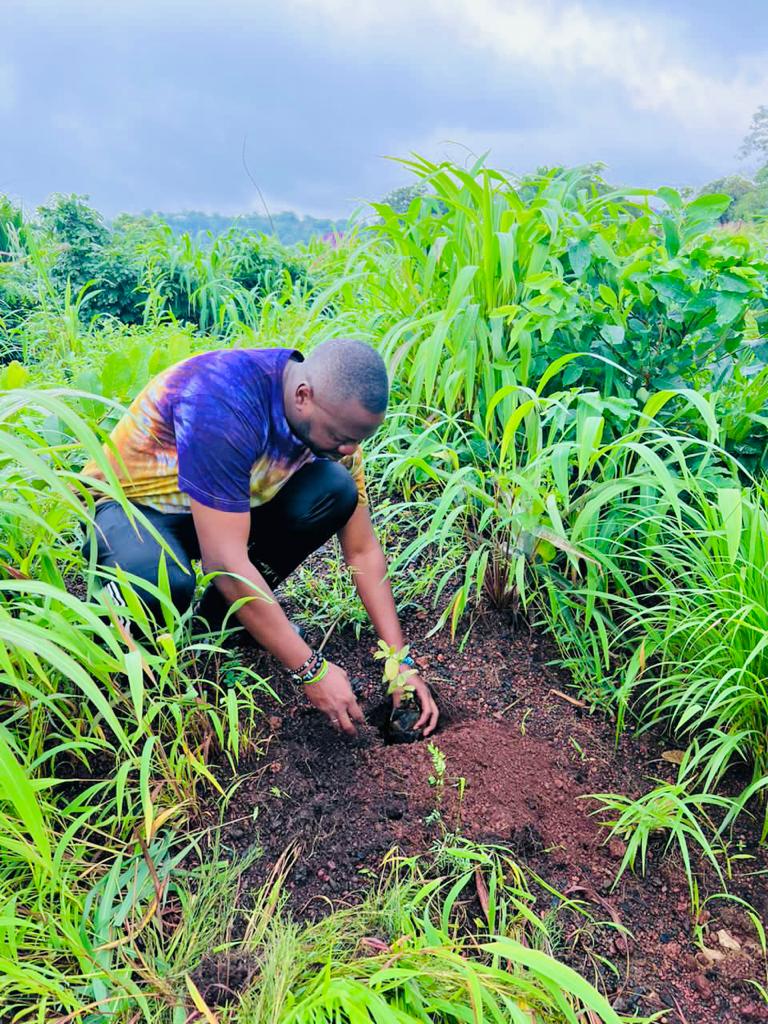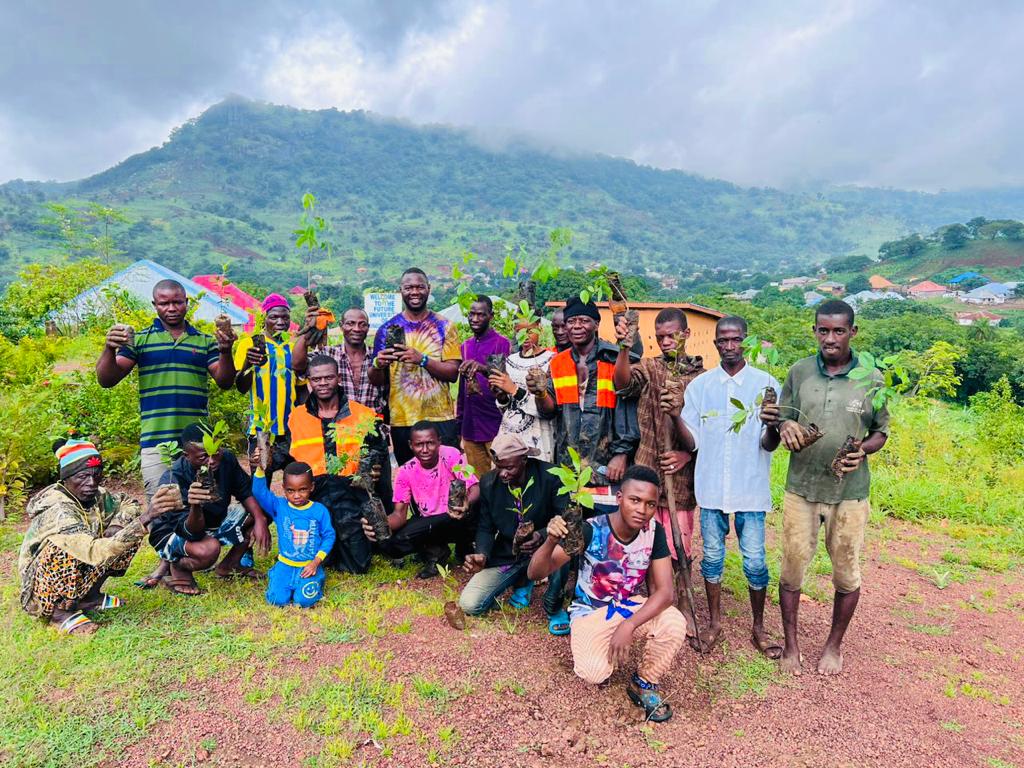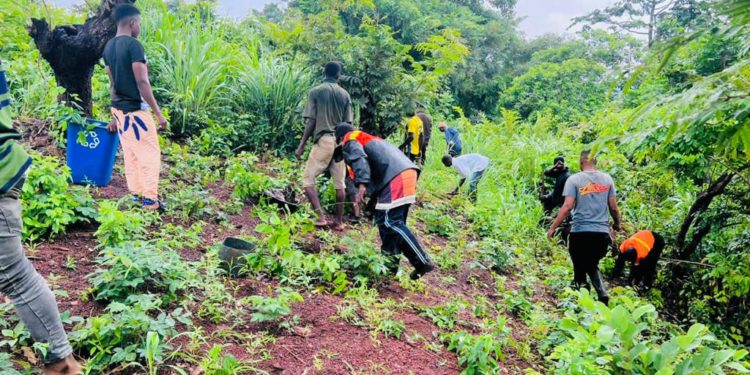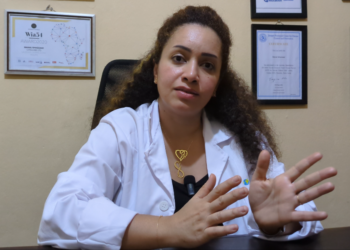
Staff of Project 1808 Incorporation over the weekend embarked on its annual tree planting exercise and environmental education in Kabala, Koinadugu District, Sierra Leone, with the planting of over one thousand (1000) trees.
The team, led by the Founder and Chief strategist of the organization, Dr. Alhaji U. N’jai, was joined by community volunteers for the exercise conducted within the Koinadugu College Campus community in Kabala.
According to Dr. N’jai, the annual exercise was initiated in 2018, and it is carried out by student beneficiaries and staff of the organization. As an environmentalist, Dr N’jai said, he believes that combating the negative impacts of climate change requires the one health human- animal-environment interdependency approach. Trees are extremely vital for our ecosystem; they give us food, oxygen, store carbon, stabilize the soil and give life to the worlds wildlife. They also provide us with the materials for tools, shelter, music (Djembe, balanji, flutes), boats, and so on
Research has shown that planting trees is one of the best and cheapest ways of taking carbon dioxide (C02) out of the atmosphere to tackle the climate crisis, like extreme weather conditions.
“As trees grow, they absorb and store the carbon dioxide emissions that are driving the extreme heat we feel here in Kabala lately,” said Dr N’jai, adding: “I have been leading this community give-back exercise because tree planting is one of the major solutions to climate change.”
Dr. N’jai further stated that in the past three years, his organization has had support from volunteers and plant experts from the Fourah Bay College Biological Sciences Department, who have been teaching the students and community people about the different types of plant species.
“We plant these trees annually in different locations here in Kabala as well as teach the community people and the students about the significance of achieving a green community and college campus for the future,” he said.
While further emphasizing on the importance of trees to the environment, Dr N’jai stated: “We are trying to make sure that things like climate change and environmental disasters are reduced.”
The Project 1808 Founder is hopeful that the practice of tree planting can be normalized in schools and local community settings.

Mr. Joseph Conteh, one of the volunteer staff from the Biological Sciences, gave a brief explanation about the different plants to community volunteers, noting that they include economic or forest trees, and fruits or domestic trees.
“This is a forest tree that is called Afzelia Africana (African Mahogany), locally called Lengeh or the timber tree. This is a fast growing tree that is good for raising a forest. This other tree is Anacardium Occidentale, locally called cashew. This is called Tamarindus, locally called Tombi, and this is sour sap, also known as Graviola, (they are fruits or economic trees),” he explained.
Mr. Conteh went on to speak about the medicinal value of the Neem tree, whose botanical name is Azadirachta Indica. He said it has been used locally to treat malaria and other diseases.






















